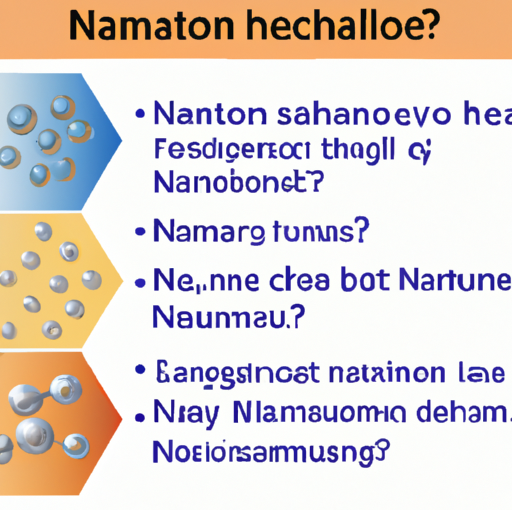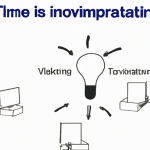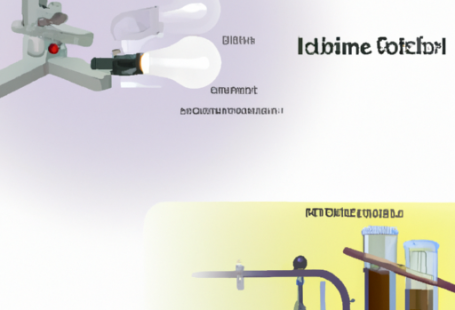Definition of Nanotechnology
Nanotechnology is a broad term that describes the study and application of extremely small structures and devices on the nanoscale – typically between 1 and 100 nanometers in size. It is the art and science of manipulating and engineering materials on an atomic or molecular level to create useful materials, devices, and systems with desirable properties. Nanotechnology involves the use of atomic and molecular manipulation to fabricate structures and devices with unusual chemical, physical, and biological properties.
Potential Uses of Nanotechnology
Nanotechnology has the potential to revolutionize virtually every industry. In medicine, nanotechnology can be used to develop targeted therapies to treat diseases, such as cancer. In energy, nanotechnology can be used to create more efficient solar cells and batteries. In materials science, nanotechnology can be used to create stronger, lighter materials for the aerospace, automotive, and construction industries. In computing, nanotechnology can be used to create faster, more powerful computers. In agriculture, nanotechnology can be used to create more efficient fertilizers, pesticides, and food production processes.
Benefits of Nanotechnology
Nanotechnology offers numerous potential benefits, including:
- Smaller, lighter, and more powerful devices and systems
- Faster, more efficient manufacturing processes
- More efficient energy production and storage
- More effective medical treatments and diagnostics
- More efficient and sustainable agriculture
Challenges of Nanotechnology
One of the major challenges of nanotechnology is its potential for unintended consequences. For example, the use of nanomaterials in consumer products could lead to the release of toxic particles into the environment. In addition, nanotechnology could potentially be used for malicious purposes, such as the development of weapons of mass destruction. Finally, the cost of developing and deploying nanotechnology applications could be prohibitively expensive for many countries, particularly those in the developing world.
Overall, nanotechnology has the potential to revolutionize many industries, but also comes with a number of potential risks and challenges. Careful consideration and regulation of nanotechnology will be necessary if we are to maximize its potential benefits while minimizing its potential risks.






